Litopia Writers’ Reading List 2024

Peter Cox, founder of Litopia
I asked our members a simple question.
Which books have had the most profound impact on your development as a writer?
Here’s what they told me. A glorious cornucopia of more than forty definitive titles that ought to be on your reading list.
And note: if you buy them all (why not?) it will still be cheaper than taking one average-priced commercial writing course.
We’ve all enjoyed putting this list together, and we hope you get as much out of it as we have.
Peter Cox
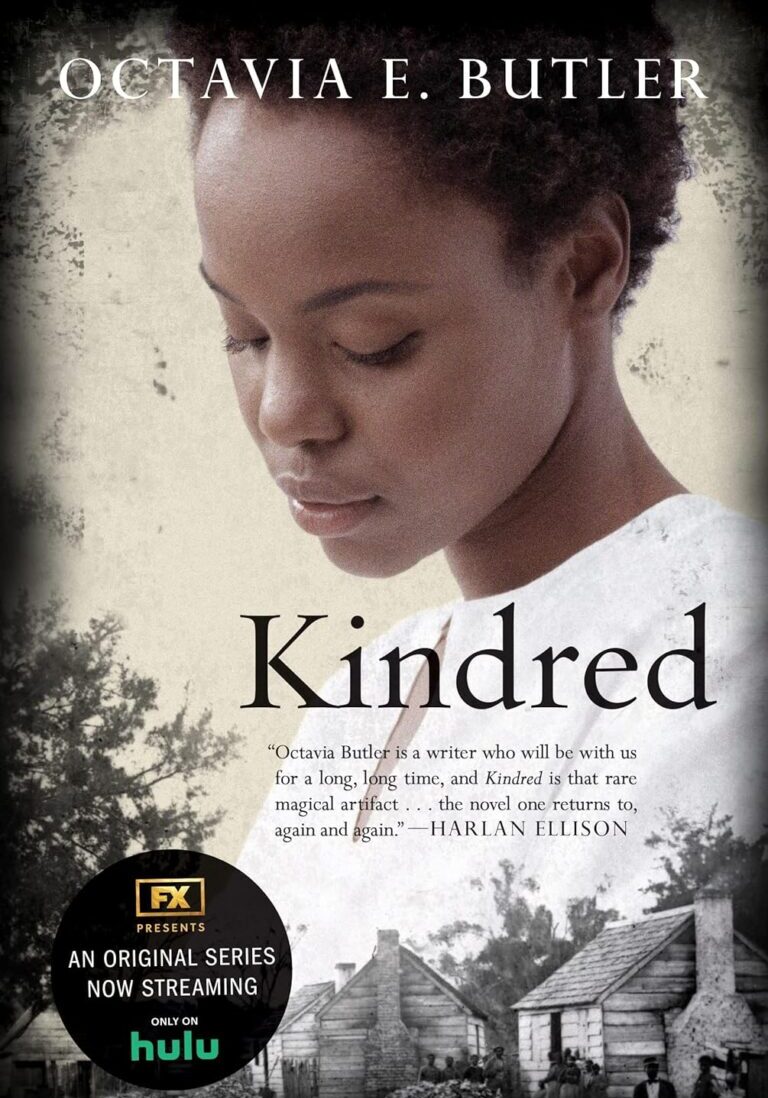
Kindred by Octavia Butler
Our Summary
Despite being written 45 years ago, it feels like a modern work. It’s at once Sci-Fi, Fantasy, Speculative, and even Literary. Everything a writer needs to know about sparse and impactful prose can be found in these pages.
What I Learned From It
Pithy writing has power. Take a look at the first paragraph…
“I lost an arm on my last trip home. My left arm.”
We don’t know why Dana lost her left arm - or where she was when it happened. However, most of us would keep on reading to find out.
The minimalist approach doesn’t end with the hook. Throughout the novel, the writing is direct and matter-of-fact. There’s no purple prose to distract the reader.
Butler's worldbuilding is likewise utilitarian. She sets the stage with everything we need to know, and little else. If something more is needed to move a scene forward, she’ll drop it in later so readers aren't overwhelmed.
There is brutality in this world, and Kindred doesn’t shy away from it. Slavery in the US was a cruel business. Still, she conveys the humiliation and suffering of human bondage with an economy of words. There’s no need for intricate detail.
There’s also no need to explain why slavery is wrong. Butler trusts her readers enough not to lecture them.
The author falls into a common conceit of the era - chapter titles. However, she doesn’t abuse that conceit. Each title is short and to the point with neither wit nor irony. There are no spoilers, either. The meanings are clear upon finishing a respective chapter.
Kindred has both a prologue and an epilogue. Few books need one, and even fewer need both. However, this story demands both. There is nothing extraneous about their inclusion here. Unlike many novels, neither feels bolted on to the main narrative. The prologue hooks the reader while the epilogue provides the necessary denouement.
Not everyone agrees Kindred is Science Fiction. If it’s not, there's a lot here for Sci-Fi readers (including myself) to like. If it is Science Fiction, the characters and dialogue are much more realistic than most contemporary works.
Most importantly - this book remains relevant to readers and authors alike.
Bloo✒️
[maxbutton id="1" url="https://amzn.to/3sNpDvv" ]
[maxbutton id="2" url="https://amzn.to/3MY4VQc" ]
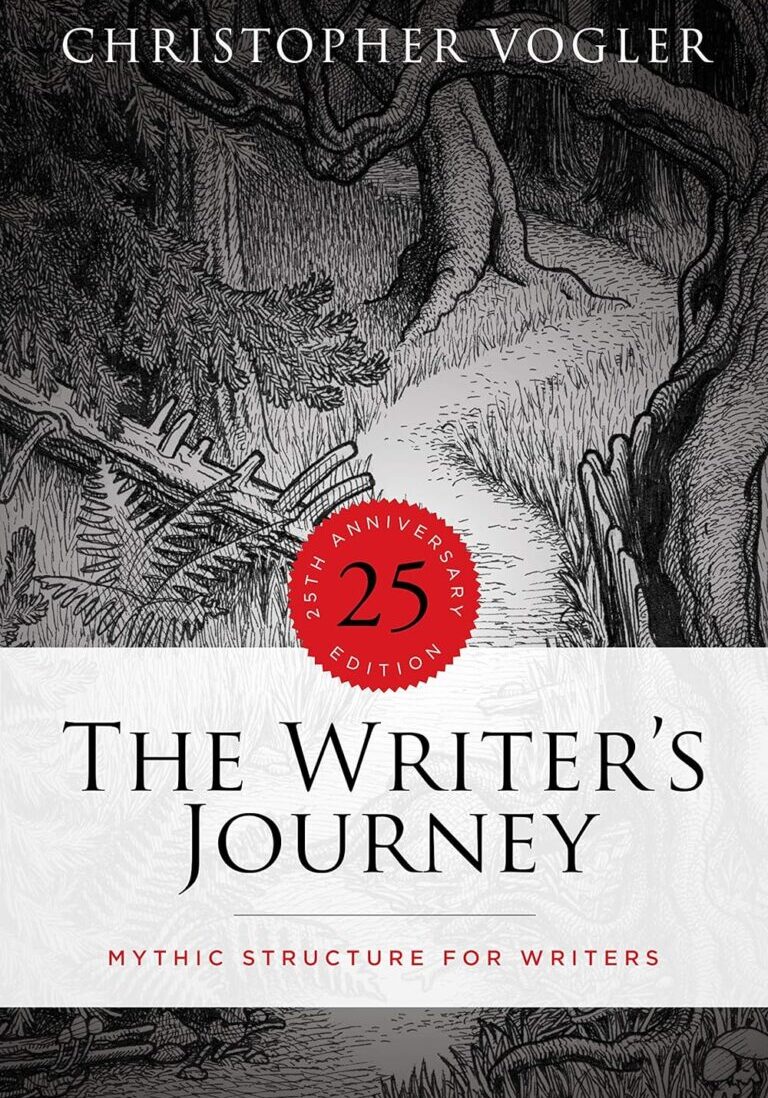
The Writer’s Journey by Christopher Vogler
Our Summary
This is Hollywood story consultant Vogler's distillation of Campbell's The Hero With A Thousand Faces. That is, it's a book on comparative mythology turned into a writing manual about the "Hero's Journey".
What I learned From It
See description in previous post of Campbell's The Hero With A Thousand Faces.
Rich.
[maxbutton id="1" url="https://amzn.to/40Qh7by" ]
[maxbutton id="2" url="https://amzn.to/3QQsziQ" ]
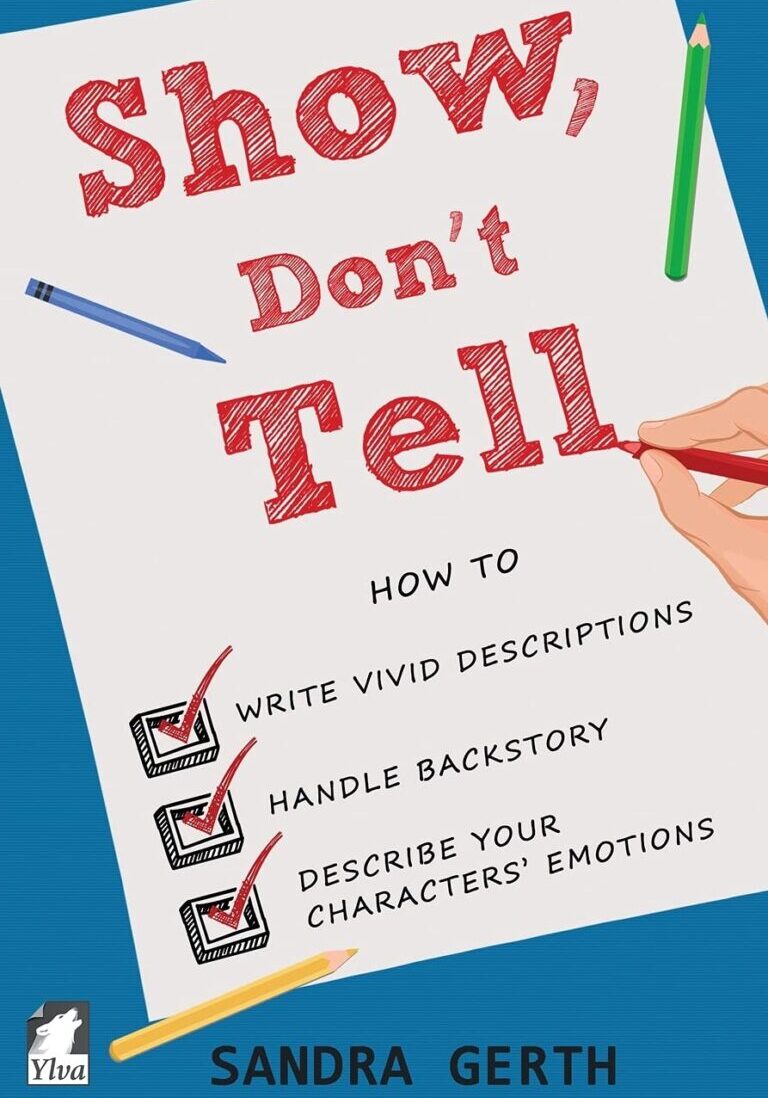
Show Don’T Tell by Sandra Gerth
Our Summary
Defines and illustrates the strategy. Explains the importance, art and limit of showing; also lists the uses of telling. Offers exercises and proposes solutions for some of them.
What I learned From It
I learned that 'telling' comes naturally to me but 'showing' much less so. This book is one I return to time and time again while I'm revising what I've written.
Jeanette
[maxbutton id="1" url="https://amzn.to/3sEIUzh" ]
[maxbutton id="2" url="https://amzn.to/3sO8Fgp" ]
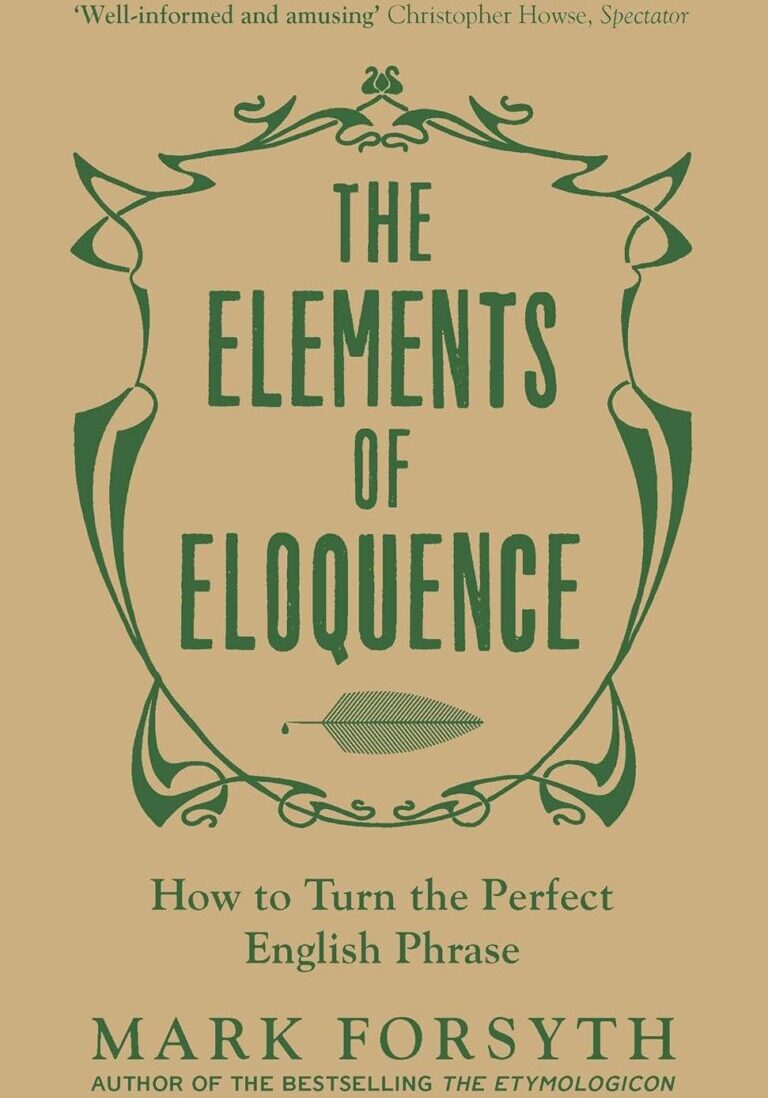
The Elements Of Eloquence: Secrets Of The Perfect Turn Of Phrase by Mark Forsyth
Our Summary
This is a book with a clear message (from the blurb): In an age unhealthily obsessed with the power of substance, this is a book that highlights the importance of style.
What I learned From It
About thirty chapters each dedicated to a rhetorical figure. The book is a fun read and has plenty of examples from The Bible, Shakespeare and Tupac ( "Money don't make the man, but man I'm making money")
JohnBertel
[maxbutton id="1" url="https://amzn.to/49IxFXf" ]
[maxbutton id="2" url="https://amzn.to/49MyLB7" ]
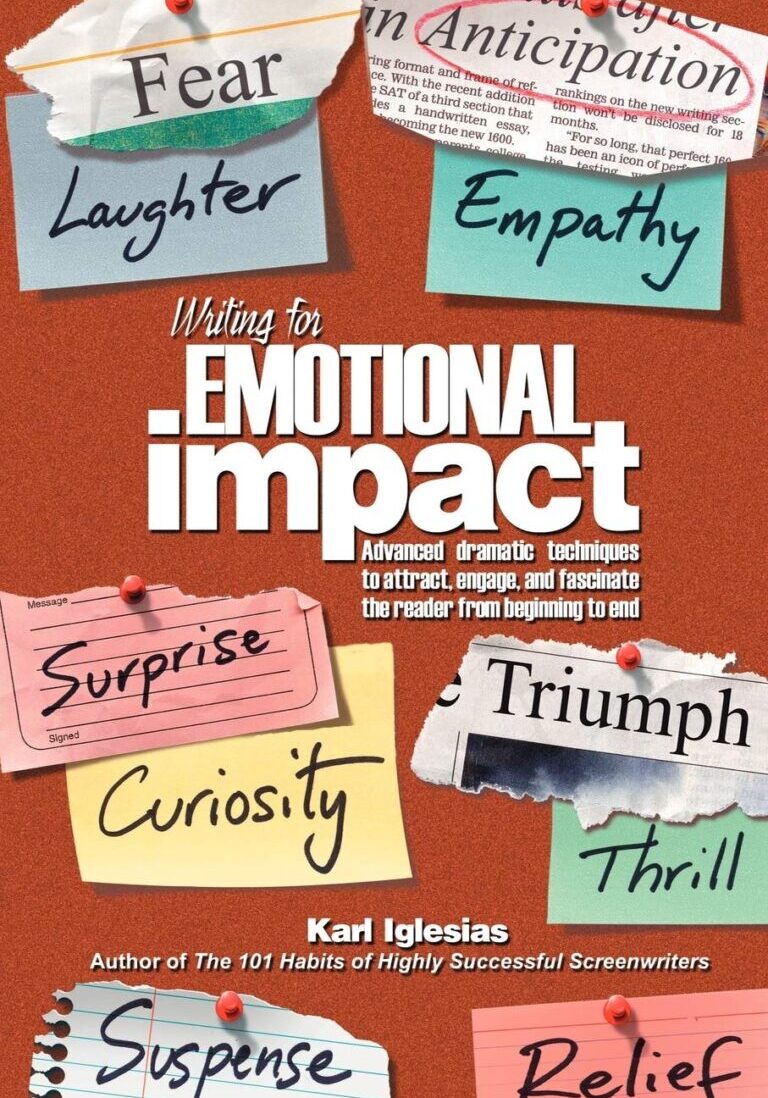
Writing for Emotional Impact by Karl Iglesias
Our Summary
It delves into the psychology of the reader and techniques to create emotional scenes within your storytelling, including in dialogue.
What I Learned From It
This author's way of teaching the craft really chimes with me. It's quite an expensive book but worth it in my opinion. For me, this book takes me into a layer above plot and structure.
Hannah F
[maxbutton id="1" url="https://amzn.to/47N7jRN" ]
[maxbutton id="2" url="https://amzn.to/49QTT9e" ]
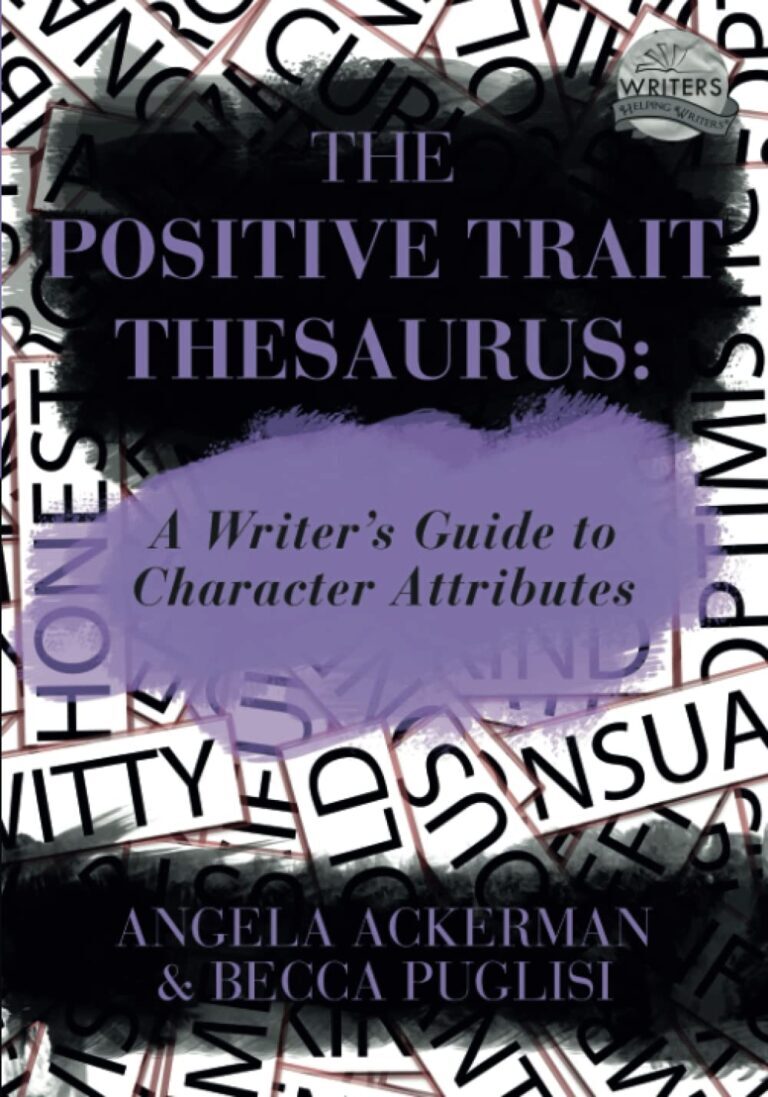
The Positive Trait Thesaurus by Angela Ackerman And Becca Puglisi
Our Summary
Lists character traits to help you generate different types of characters and how these traits might manifest. Useful in conjunction with The Negative Trait Thesaurus by the same authors.
What I learned From It
Helped me to write characters with more depth and think of a wider range of character types for my books.
Claire G
[maxbutton id="1" url="https://amzn.to/46vt085" ]
[maxbutton id="2" url="https://amzn.to/3sLx3iK" ]
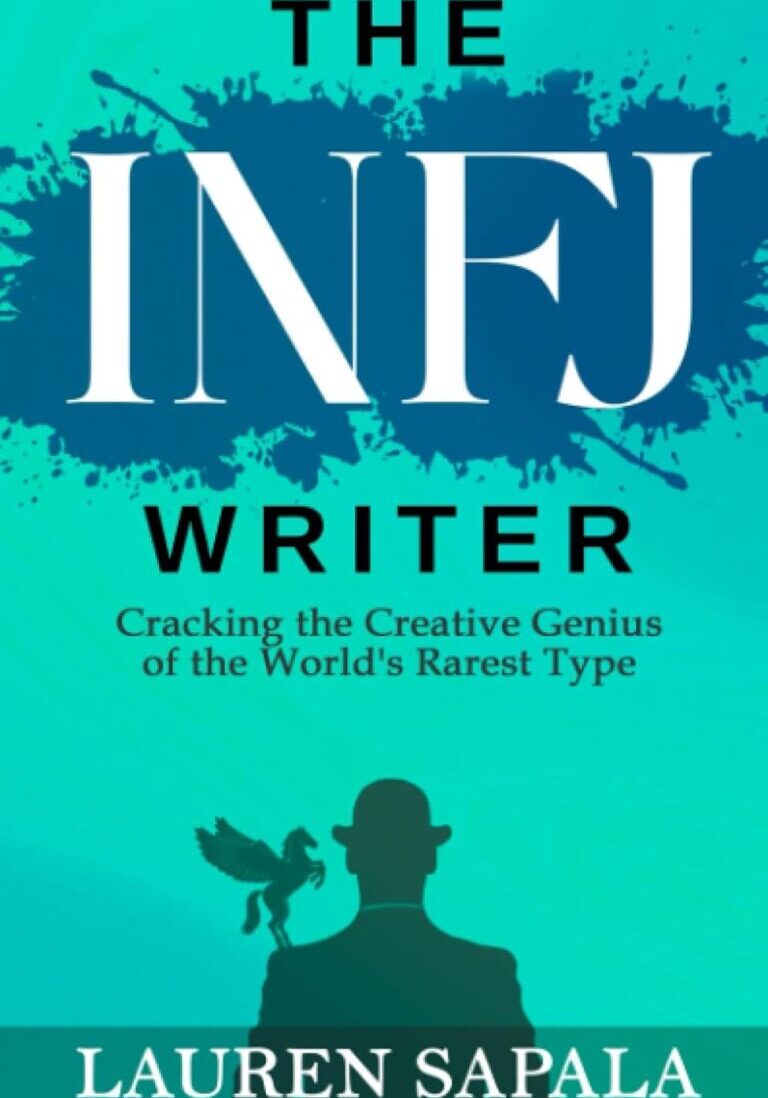
The INFJ Writer by Lauren Sapala
Our Summary
Writing (and living) advice for people whose brains don't work well with logic, plotting etc. Another perspective! (The letters refer to Myers-Briggs type personality indicators, which aren't flawless, but broadly if you tend to be led more by feelings and intuitive reasoning, this might work for you).
What I Learned From It
I'd been getting super snarled up trying to follow advice that just didn't work for me in practice, even though I could see it made theoretical sense. This book gave me a bit of space to trust myself to learn my own process. I've still got a long way to go but I do a lot less bashing my head against a brick wall these days. Sharing it in case anyone else is in the same boat!
Josephine
[maxbutton id="1" url="https://amzn.to/3sI74J9" ]
[maxbutton id="2" url="https://amzn.to/40RToaZ" ]
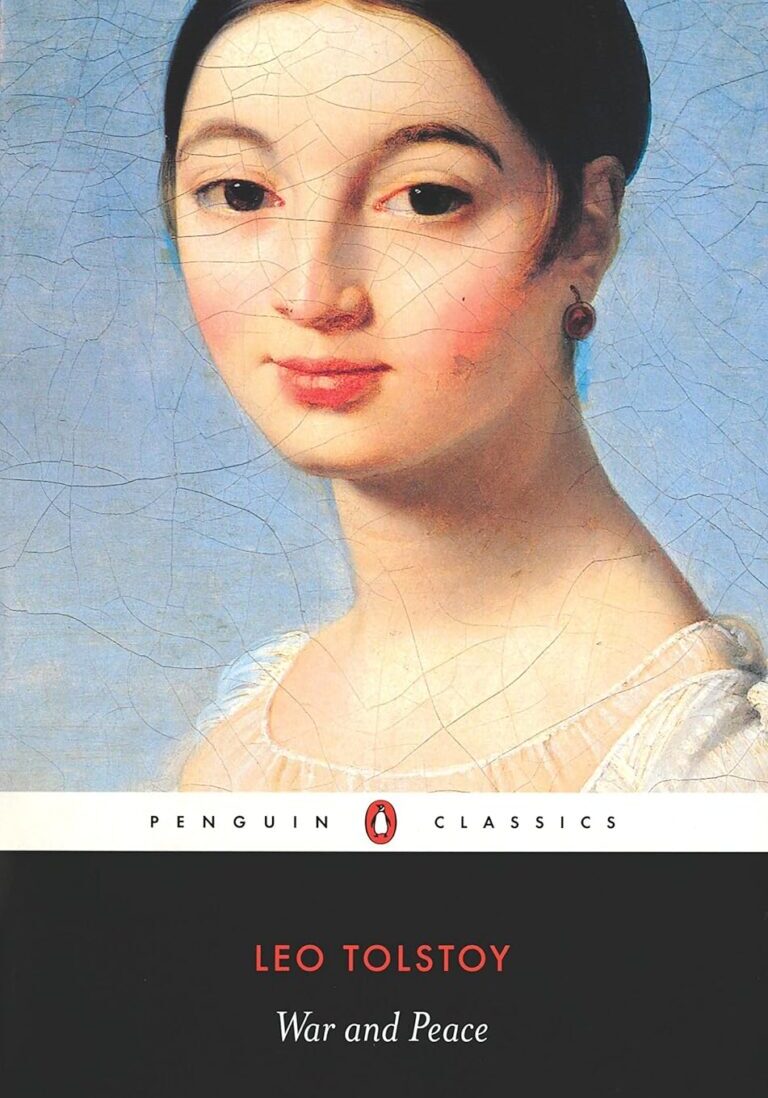
War And Peace by Leo Tolstoy (Translated by Anthony Briggs)
Our Summary
Napoleon has a bad idea and the lives of three young people in St Petersburg are changed forever.
What I learned From It
What it means to be human.
Rich.
[maxbutton id="1" url="https://amzn.to/47q8DKR" ]
[maxbutton id="2" url="https://amzn.to/3MVOfZO" ]
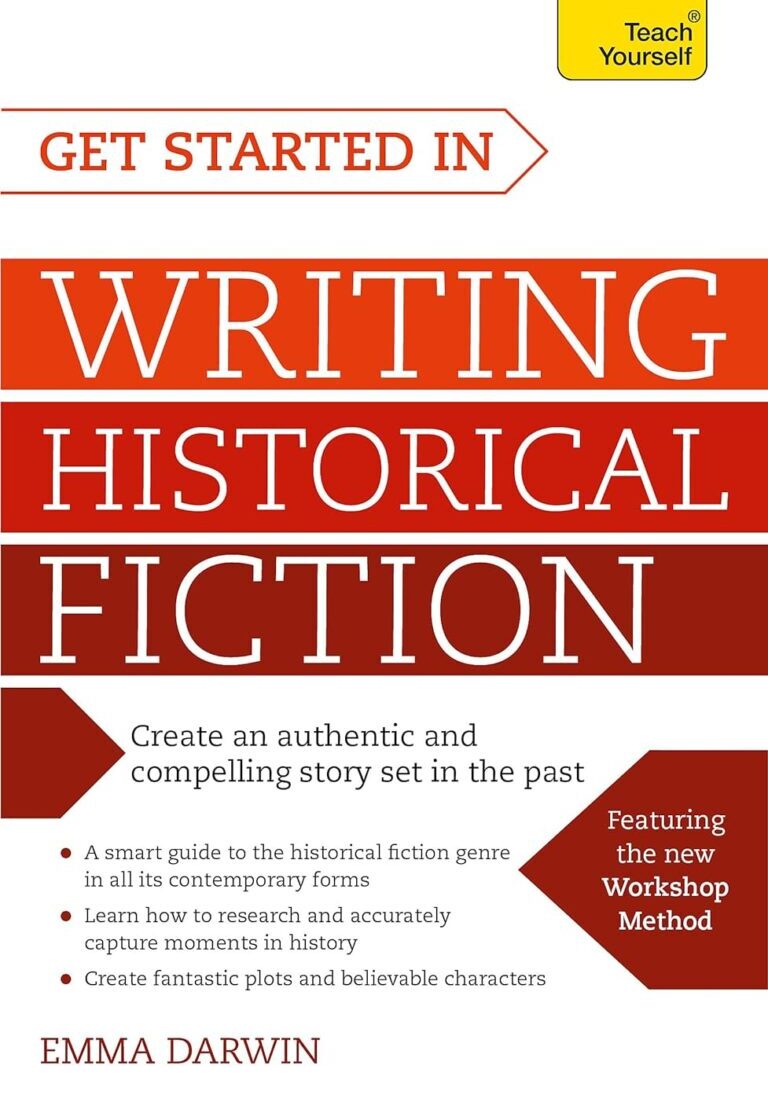
Writing Historical Fiction by Emma Darwin
Our Summary
A beginners' guide to writing historical fiction which draws on the material in her coaching sessions and lectures: characters, plot structure, research, using your senses to recreate the past and psychic distance. There are plenty of examples and exercises.
What I learned From It
I still dip into this book if I'm stuck in my writing or need some inspiration. It's practical rather than theoretical which works for me.
Liz Brown
[maxbutton id="1" url="https://amzn.to/3STBvqs" ]
[maxbutton id="2" url="https://amzn.to/46unu5N" ]
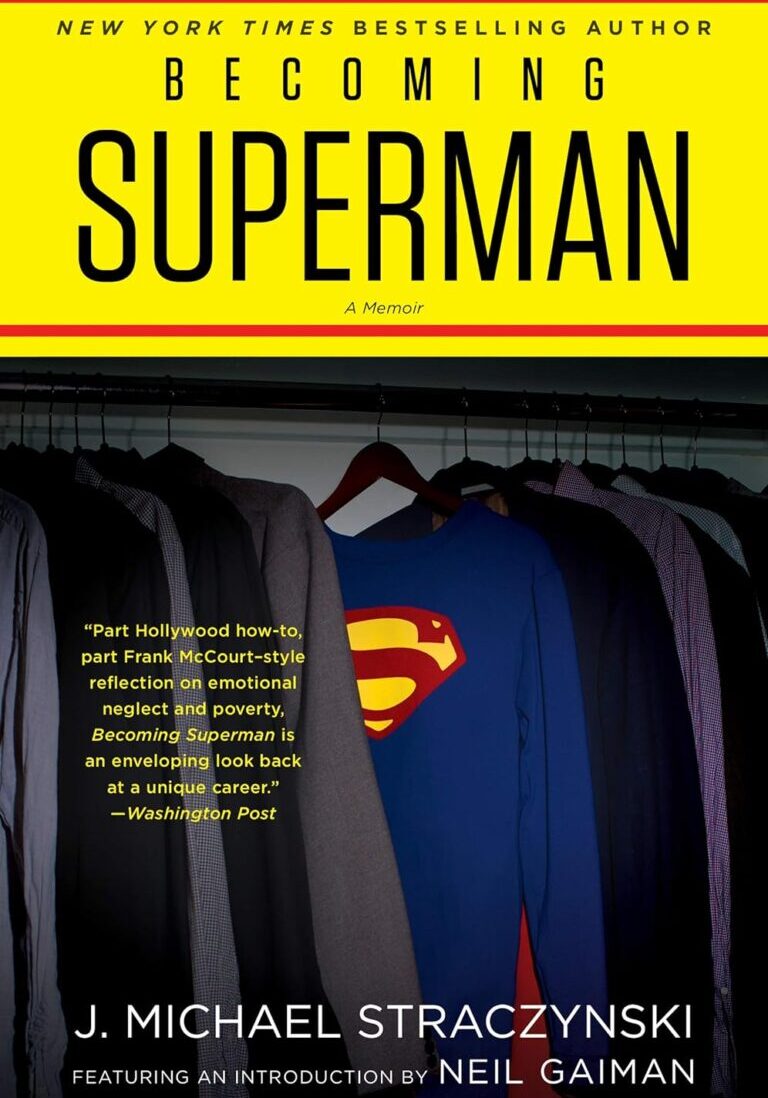
Becoming Superman by J Michael Straczynski
Our Summary
An astonishing bio of an accomplished (mainly) screenwriter.
What I learned From It
Never to feel sorry for myself. To keep doing it and never give up. To learn, learn, learn. A fantastic psychology of writing book that every writer serious about making it would benefit from imo.
Trey
[maxbutton id="1" url="https://amzn.to/3uuYjCN" ]
[maxbutton id="2" url="https://amzn.to/3Gd7Lx2" ]
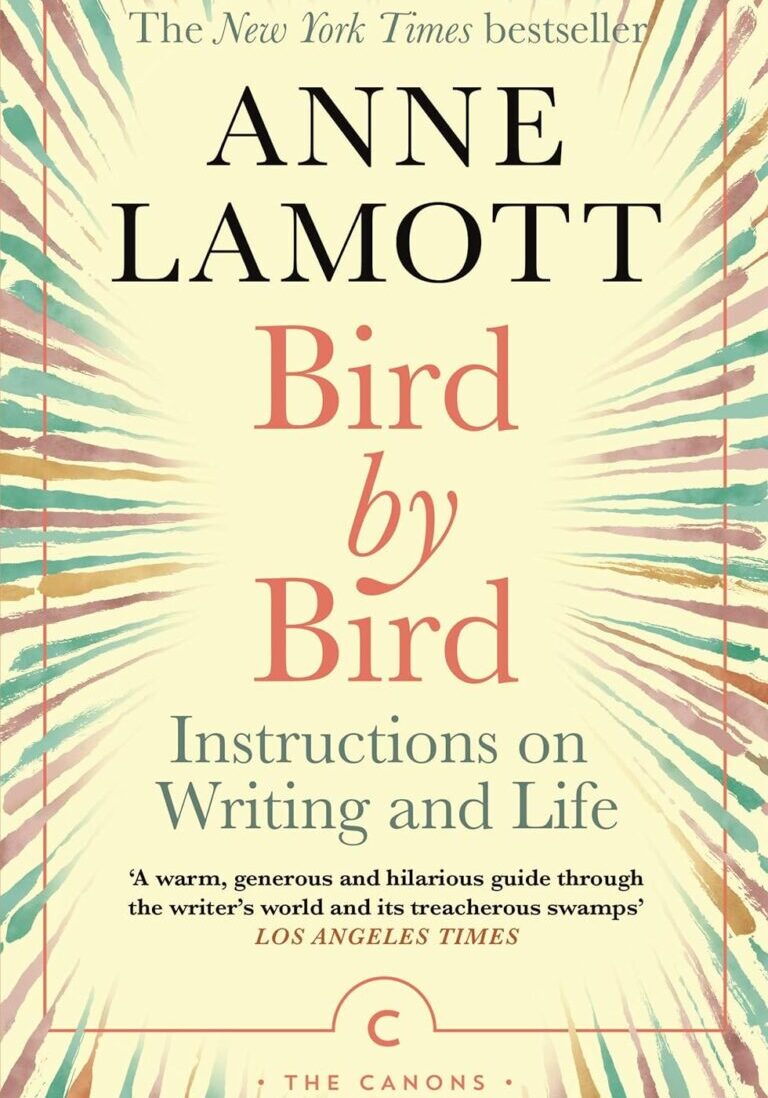
Bird by Bird by Anne Lamott
Our Summary
Down to earth advice, not so much about the craft per se as the practice (and pitfalls) of "being a writer".
What I learned From It
I'm actually still reading it, but so far I've got lots of encouragement from it. Her style is super informal and she has a wonderful dry wit, it's like a brilliant chat in the pub with someone who really knows their shit and you go away thinking, "yeah, I really can do this..."
Josephine
[maxbutton id="1" url="https://amzn.to/3Gdt2a0" ]
[maxbutton id="2" url="https://amzn.to/40Ytcf2" ]
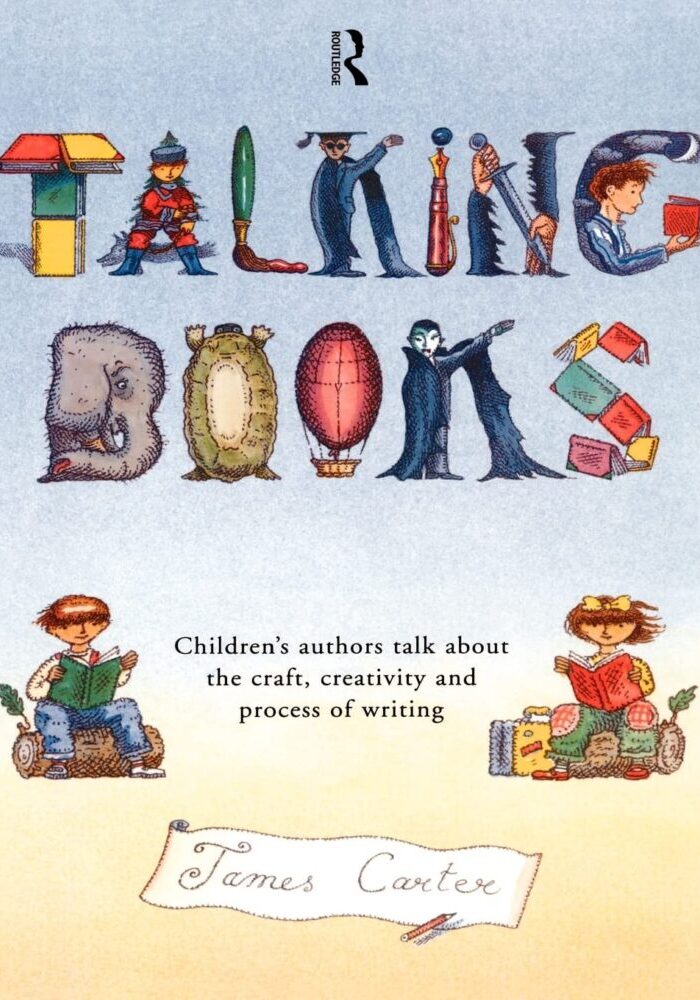
Talking Books by James Carter
Our Summary
Various children's authors talk about craft and how they became professional authors.
What I learned From It
That it was possible to be a writer without being a god. It is a cherished book that sparked the possibility of being a writer for me.
Trey
[maxbutton id="1" url="https://amzn.to/3usRJwx" ]
[maxbutton id="2" url="https://amzn.to/3QV0Q0i" ]
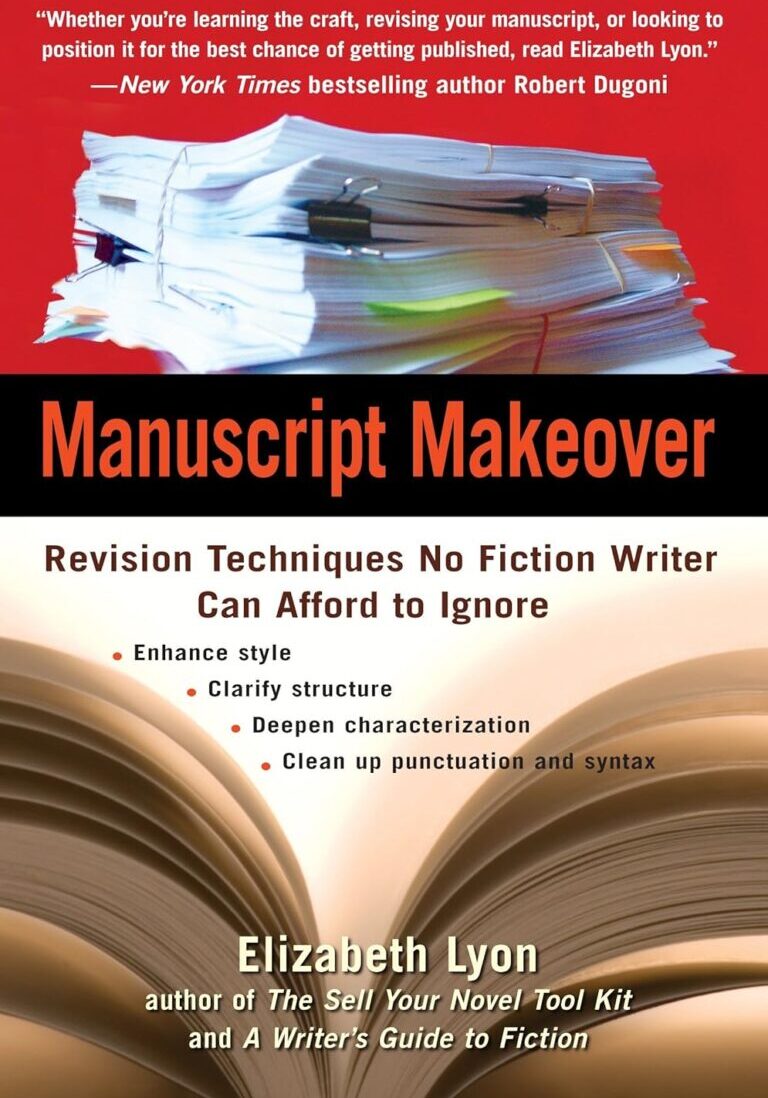
Manuscript Makeover: Revision Techniques No Fiction Writer Can Afford to Ignore by Elizabeth Lyon
Our Summary
Presents in a highly readable, organized way all of the elements of a novel, from the significance of genre and common to lesser-known structures to all the aspects of a writers' craft. Briefly and with amazing clarity, describes potential problems which might arise from each, then follows with suggestions for how to "fix" them. Chapters are organized around particular craft elements and issues, so readers can choose which parts of the book to focus on relative to their personal writing needs. Review checklists of problems and their solutions are included at the end of each chapter.
What I Learned From It
I have now read easily a dozen books on how to write a novel, plus several on revision, and while I've taken away something of value from each, not one of them has given me the breadth of awareness and practical understanding of craft elements, from A to Z and beyond, that this jam-packed, wisely conceived and clearly presented book has given me. It's not prescriptive, nor does it follow the latest trends in fiction writing. Ms Lyons doesn't think she has 'the' answer or make suggestions that make a writer feel like a square peg being forced into a round hole, but rather shows writers how to consider each issue in light of their own writing style, voice and vision for their novel. Check out the Amazon reviews; I'm not the only one who loves this book. It's a keeper! And one to be used over and over.
CarolMS
[maxbutton id="1" url="https://amzn.to/3SYVT9x" ]
[maxbutton id="2" url="https://amzn.to/3MZVwrv" ]
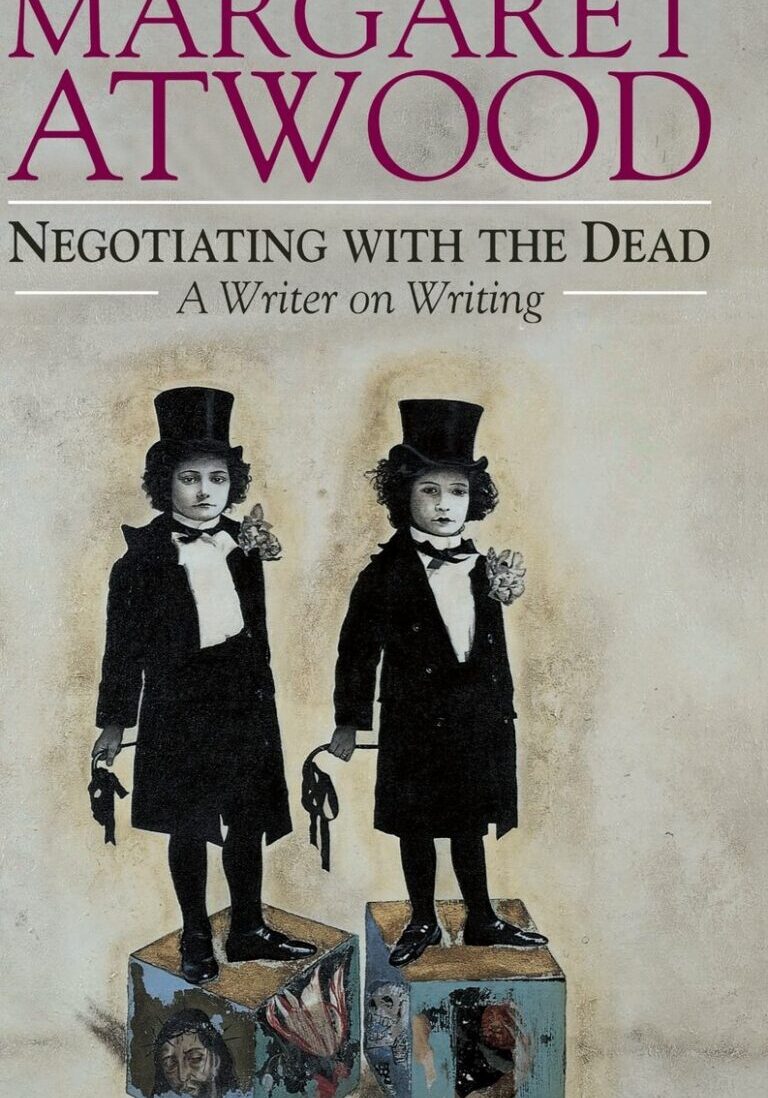
Negotiating With The Dead by Margaret Atwood
Our Summary
A collection of essays by a renowned writer on aspects of writing theory and how she became a writer. Entertaining and informative especially if you are already an Atwood fan.
What I learned From It
This isn't a 'how to write' book - it is about 'writing' in a far more general sense. It gave me plenty of food for thought.
Liz Brown
[maxbutton id="1" url="https://amzn.to/3uuCzXL" ]
[maxbutton id="2" url="https://amzn.to/47p1R7T" ]
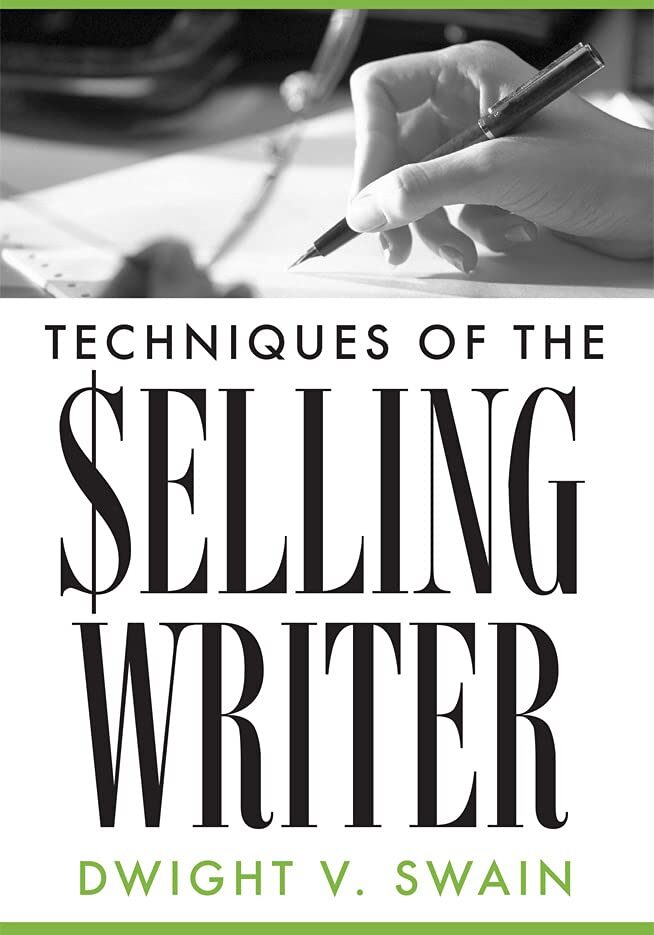
Techniques Of The Selling Writer by Dwight V. Swain
Our Summary
First published in 1965, Swain's book is a no-nonsense, broad-brush instruction manual for beginners that shows you how to construct a commercial story.
What I learned From It
The basic shape of commercial fiction (and how unchanging that shape has been for more than half a century). Every other writing manual I've ever read has felt like a retelling or offshoot of this book.
Rich.
[maxbutton id="1" url="https://amzn.to/47nnrtN" ]
[maxbutton id="2" url="https://amzn.to/49MnEbr" ]
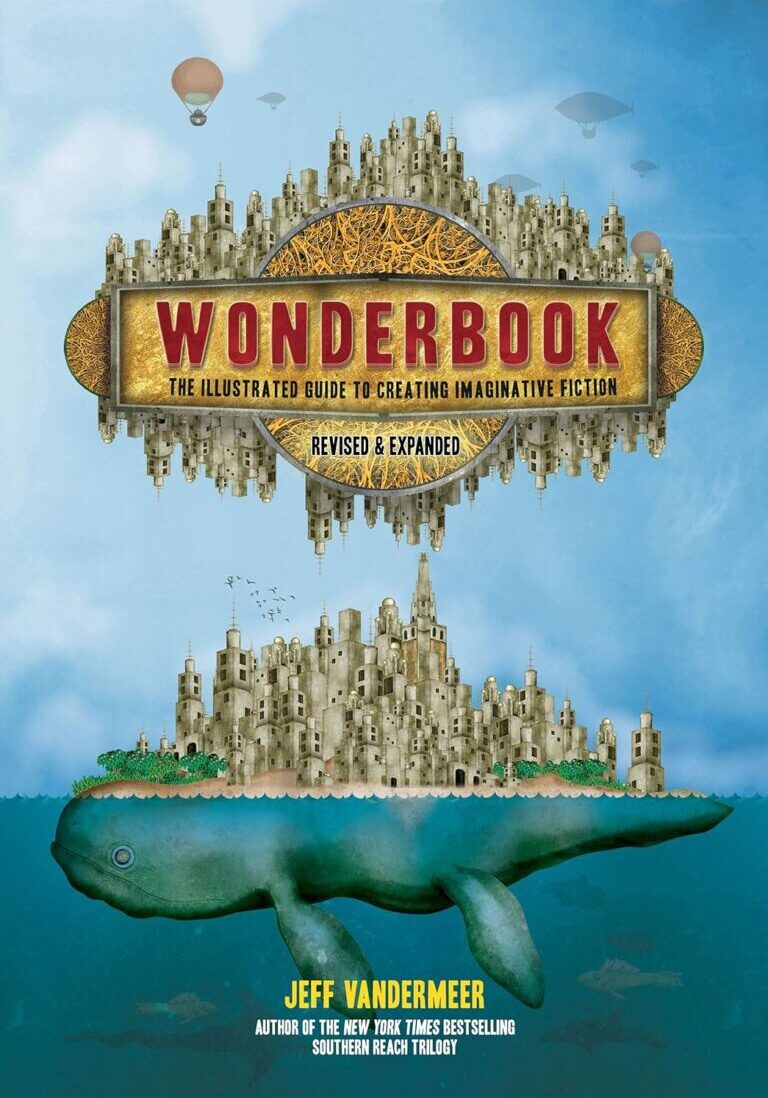
Wonderbook (The Illistrated Guide To Creating Imaginative Fiction) by Jeff Vandermeer
Our Summary
For genre lovers. Practical information on plotting, structure, characterization, dialogue, exposition, worldbuilding, and POV while packed with exquisite and imaginative visuals. This is a beautiful, wild, and crazy book with contributions from various well loved authors like Neil Gaiman, Ursula K. Le Guin, George R. R. Martin and others. Dense and rich and wonderful.
What I learned From It
It encouraged me to not just embrace my imagination, but to push it as far as it will possibly go.
LJ Beck
[maxbutton id="1" url="https://amzn.to/46vjh1z" ]
[maxbutton id="2" url="https://amzn.to/3RbbhOH" ]
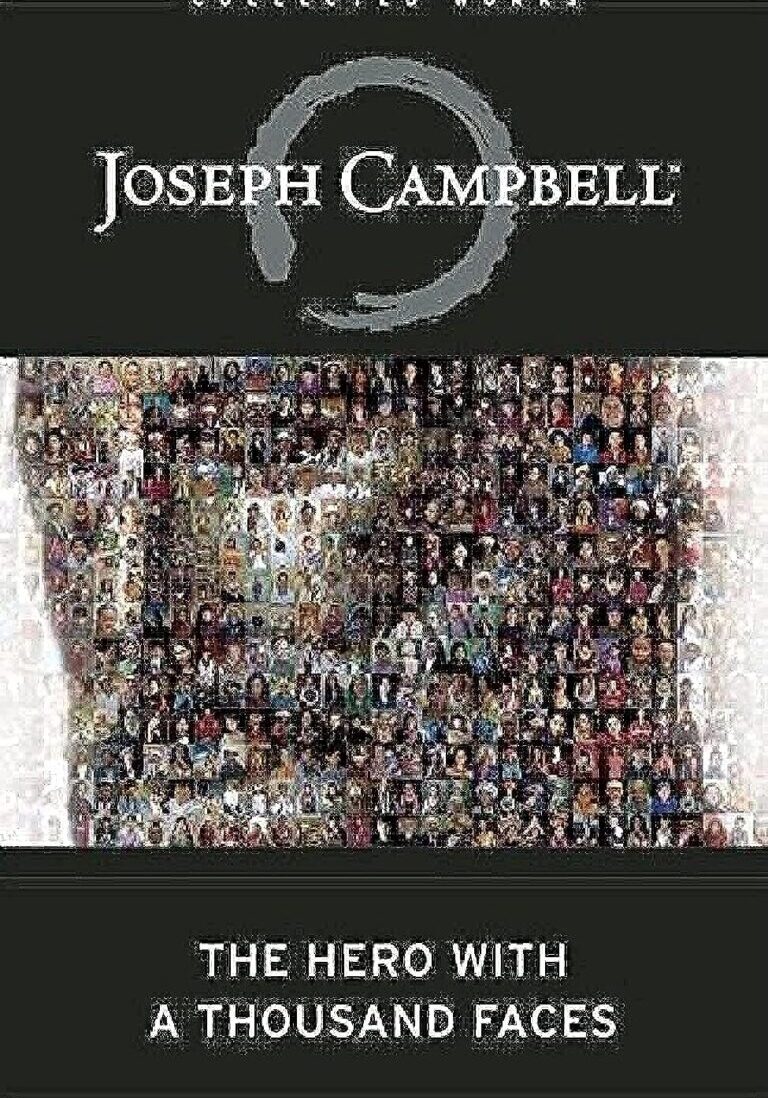
The Hero With A Thousand Faces by Joseph Campbell
Our Summary
First published in 1949, this dense, sometimes impenetrable, and somewhat controversial book on comparative mythology takes a tour through world folklore to tease out common themes and archetypes.
What I learned From It
What George Lucas was thinking when he wrote Star Wars. If you want to understand Hollywood's obsession with this mode of storytelling, you should read this book. If you've heard other writers talk/evangelize/fret about the "Hero's Journey" and you're not exactly sure what they're talking about, you should read this book. If you have even the most passing interest in commercial Western storytelling, you should read this book. Also see "The Writer's Journey" by Christopher Vogler.
Rich.
[maxbutton id="1" url="https://amzn.to/3MSV5PG" ]
[maxbutton id="2" url="https://amzn.to/46uzOTx" ]
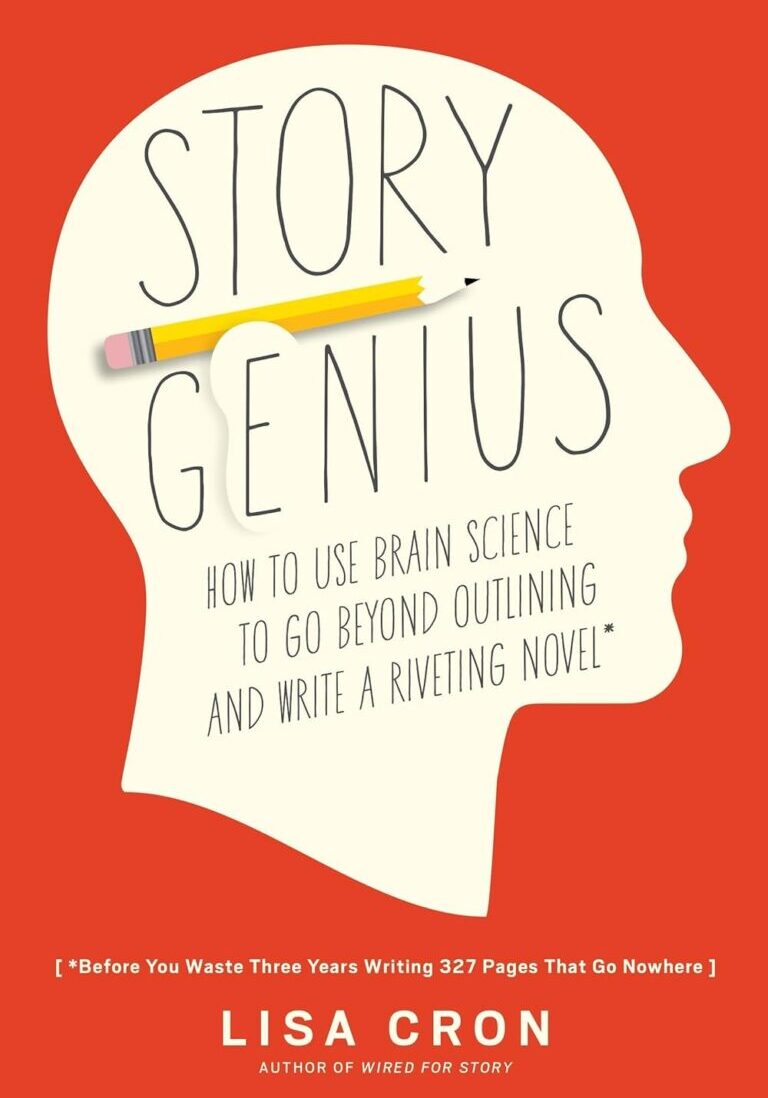
Story Genius by Lisa Cron
Our Summary
It’s every novelist’s greatest fear: pouring their blood, sweat, and tears into writing hundreds of pages only to realize that their story has no sense of urgency, no internal logic, and so is a page one rewrite.
What I learned From It
The prevailing wisdom in the writing community is that there are just two ways around this problem: pantsing (winging it) and plotting (focusing on the external plot). Story coach Lisa Cron has spent her career discovering why these methods don’t work and coming up with a powerful alternative, based on the science behind what our brains are wired to crave in every story we read (and it’s not what you think).
AnnieSummerlee
[maxbutton id="1" url="https://amzn.to/40SCokV" ]
[maxbutton id="2" url="https://amzn.to/3Rm3AFP" ]
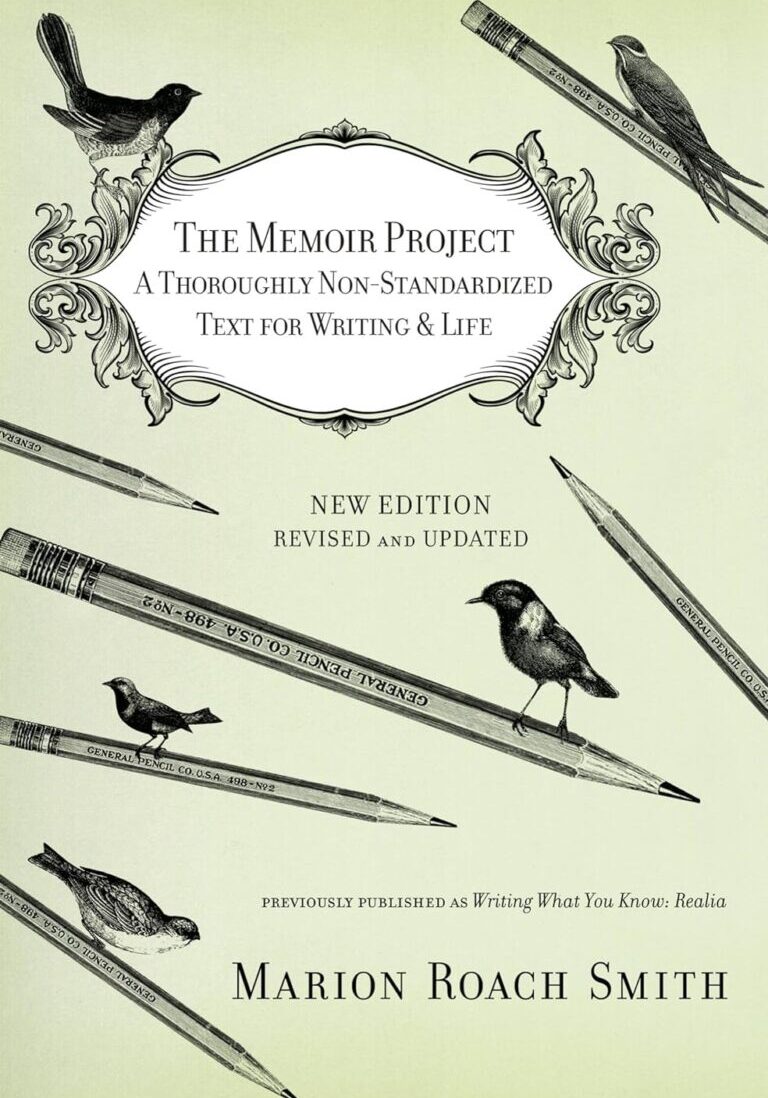
The Memoir Project – A Thoroughly Non-Standardized Text For Writing & Life by Marion Roach-Smith
Our Summary
Rational and literary at the same time, this slim tome is an extremely helpful exploration of how to turn life into memoir -- without boring the pants off the reader.
What I learned From It
A memoir is an illustration of a truth, a single facet of a life rather than a life story. Just because something happened doesn't make it interesting. Narrow the focus, find your voice and write in scenes until you have a vomit draft. Then the real work begins.
Mel L
[maxbutton id="1" url="https://amzn.to/3QUSpCa" ]
[maxbutton id="2" url="https://amzn.to/3Tc3kKT" ]
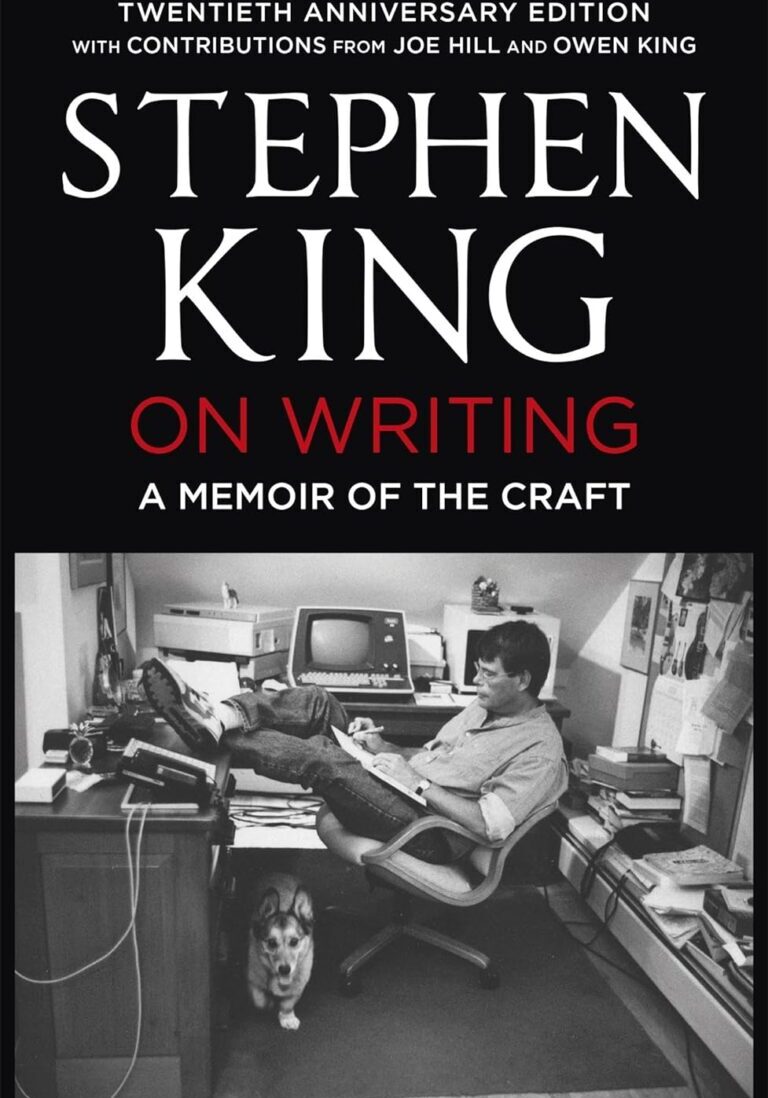
On Writing by Stephen King
Our Summary
Leave it to the literary rock star to compose a craft book that’s as entertaining as a good novel. “This is a short book because most books about writing are filled with bullshit,” King writes. What follows is a witty, practical, and sometimes poignant guide that is refreshingly devoid of the aforementioned BS. King relates his personal story of becoming a writer, then offers a “toolkit” of clear advice about everything from dialogue and descriptive passages to revisions and the head game. And there’s more: tips for beginning writers on submitting work for publication, a mark-up of one of King’s own manuscripts, and a reading list. You might not be awake at 3 a.m. turning these pages, but we promise On Writing will open your eyes to essential tricks of the trade.
What I learned From It
Just write a story readers will read.
James Charles
[maxbutton id="1" url="https://amzn.to/3MVOW5m" ]
[maxbutton id="2" url="https://amzn.to/46IadGV" ]
Basic Membership Is Free.
Basic membership is sufficient for many writers.
Benefit from unlimited access to the Writing Lab for critiques using the Litopia® Method… Start your own writer’s blog on our powerful platform… And of course, maximum support from the oldest and friendliest community for writers on the ‘net.
Full Membership Is Only $149.95 For An Entire Year
Everything in Basic Membership plus unlimited access to all our writing seminars and unlimited access to our weekly live Writers’ Huddles for personal mentoring & coaching.
